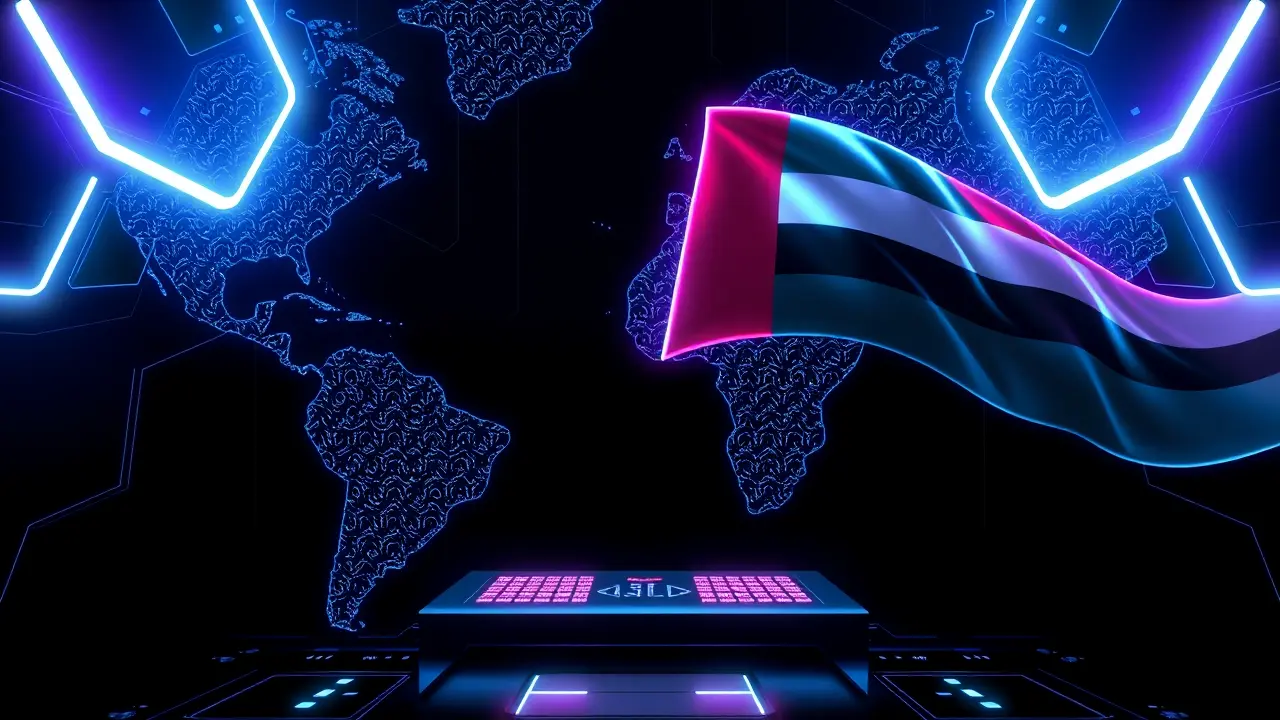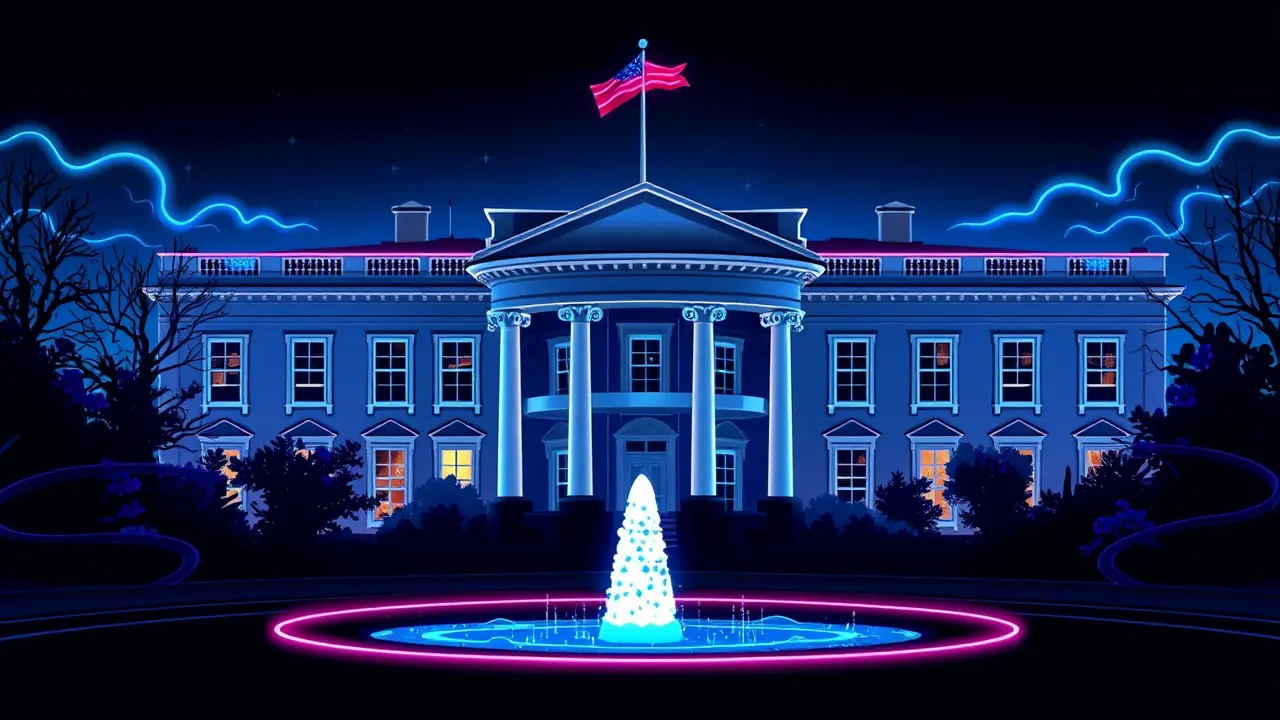
PoliticsdiplomacyBilateral Relations
Microsoft's $15.2B UAE Investment Tests US AI Export Diplomacy
MI
Michael Ross
2 hours ago7 min read1 comments
In a move that feels ripped from the pages of an Asimov novel, the U. S.government's recent decision to grant Microsoft a landmark license to export advanced Nvidia AI chips to the United Arab Emirates represents a profound test of diplomatic and ethical frontiers. This isn't merely a $15.2 billion investment; it's a strategic gambit positioning the UAE as a crucial proving ground for America's evolving export-control diplomacy and a regional anchor for its AI influence, directly challenging China's expanding technological footprint. The core of this maneuver lies in the delicate balance between fostering global innovation and preventing the proliferation of sensitive dual-use technologies that could alter the global power equilibrium.By allowing these high-performance chips—the very engines of modern artificial intelligence—into a Middle Eastern hub, the Biden administration is implicitly betting that the benefits of a strategic partnership outweigh the risks of technological seepage. This decision didn't occur in a vacuum; it follows heightened scrutiny of AI exports to the region and reflects a nuanced understanding that a total blockade is impractical in an interconnected world.However, it raises critical questions reminiscent of the Three Laws of Robotics: How do we build safeguards into these international agreements? Can we truly control the end-use of such powerful computational tools once they are deployed abroad? Policy experts are already debating the precedent this sets, with some viewing it as a pragmatic adaptation to a multi-polar tech landscape, while others warn it could inadvertently accelerate a global AI arms race. The UAE, for its part, gains not just cutting-edge hardware but a symbolic endorsement of its ambition to become a global AI leader, a vision encapsulated in its national strategy and embodied by entities like G42.The long-term consequences are multifaceted, potentially reshaping trade alliances, forcing a rewrite of international AI governance frameworks, and testing the resilience of U. S.export controls against a backdrop of relentless technological advancement. This single license is a microcosm of the larger struggle to harness the immense opportunities of artificial intelligence while erecting guardrails against its existential risks, a high-stakes drama where the lines between economic policy, national security, and ethical foresight are increasingly and irrevocably blurred.
#Microsoft
#UAE
#Nvidia chips
#AI diplomacy
#export control
#US foreign policy
#featured
Stay Informed. Act Smarter.
Get weekly highlights, major headlines, and expert insights — then put your knowledge to work in our live prediction markets.
Related News
© 2025 Outpoll Service LTD. All rights reserved.








